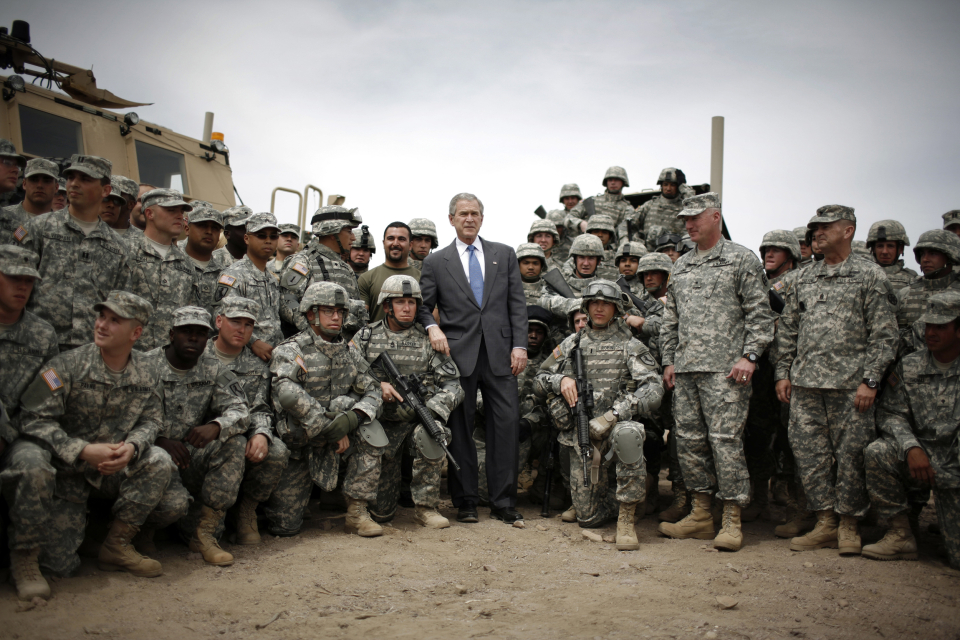Zabiullah Mujahid, the spokesman for the Islamic Emirate, referred to this day as a "black day" on social media. On October 7 and 8, 2001, George Bush, the former president of the United States, issued an order to launch a massive military attack on Afghanistan.
As the 22nd anniversary of the U.S. military strikes in Afghanistan is marked on October 7, a somber reflection ensues, dominated by a narrative of death, destruction, and lingering controversy. Critics argue that the extensive military operations initiated by then-President George W. Bush have left a legacy of devastation, both in Afghanistan and beyond.
The toll of human lives lost, infrastructure destroyed, and communities disrupted has fueled ongoing debates about the efficacy and ethical implications of the intervention. Detractors point to what they allege to be misinformation and deceptive narratives from the Bush administration in the lead-up to the military actions. Accusations of misleading claims about weapons of mass destruction have cast a shadow over the legitimacy of the initial rationale for the invasion.
As discussions surrounding the October 7 anniversary unfold, the spotlight remains on the enduring impact of the conflict and the questions raised about the decision-making process that led to a protracted engagement in Afghanistan. The stark contrast between the initial promises of liberation and the harsh realities of a war-torn nation continues to shape public perception and global discourse.

















